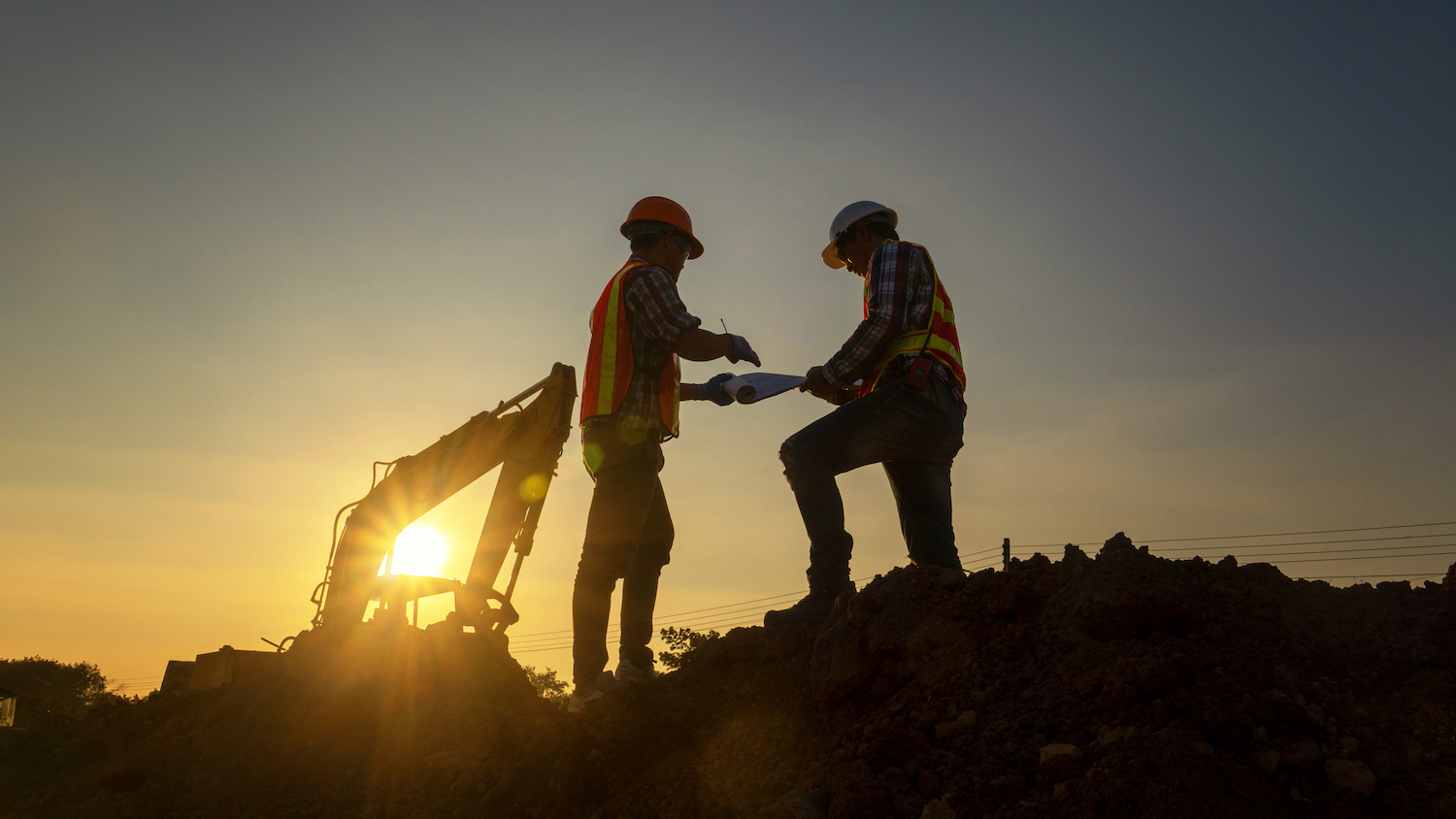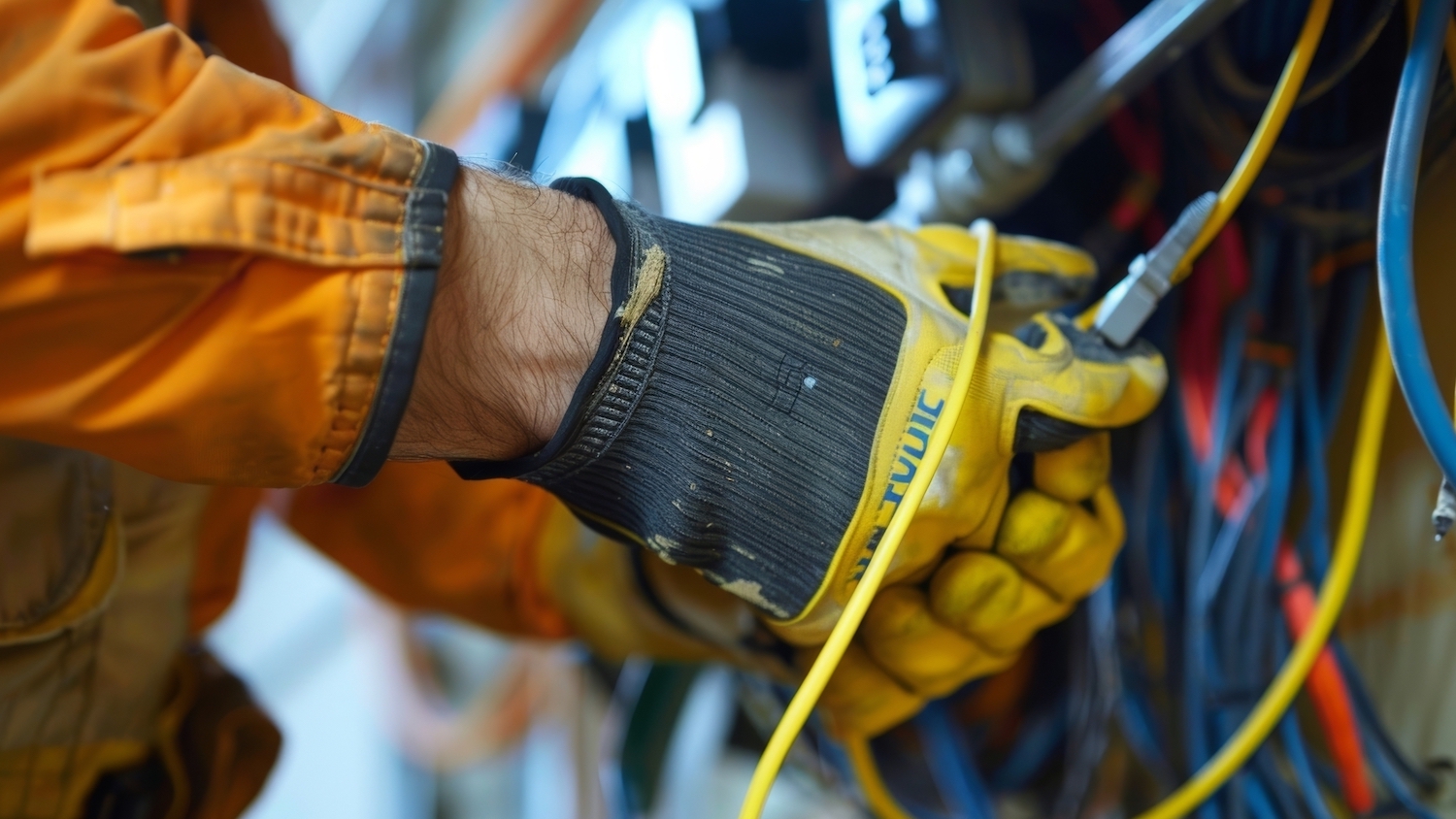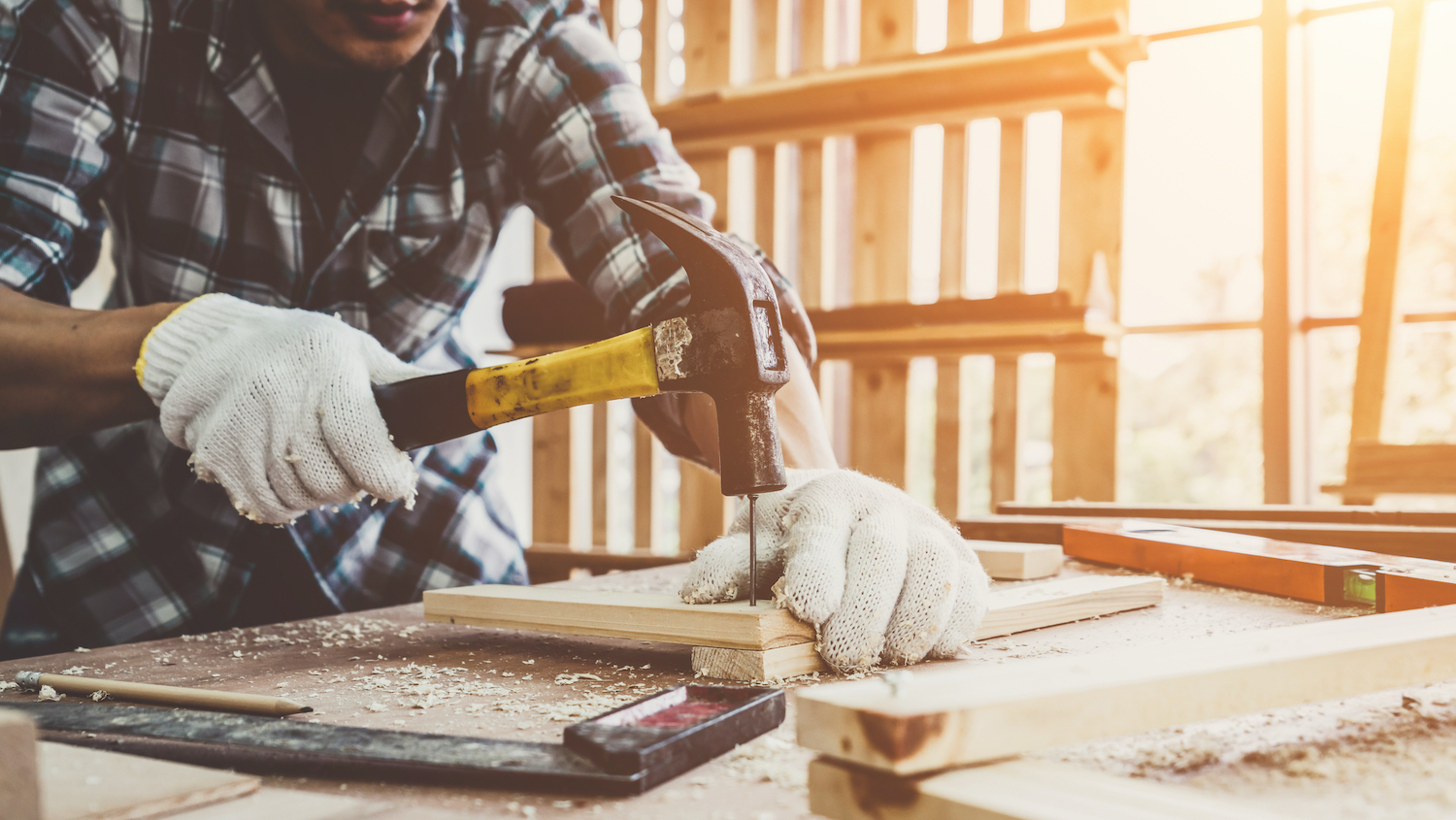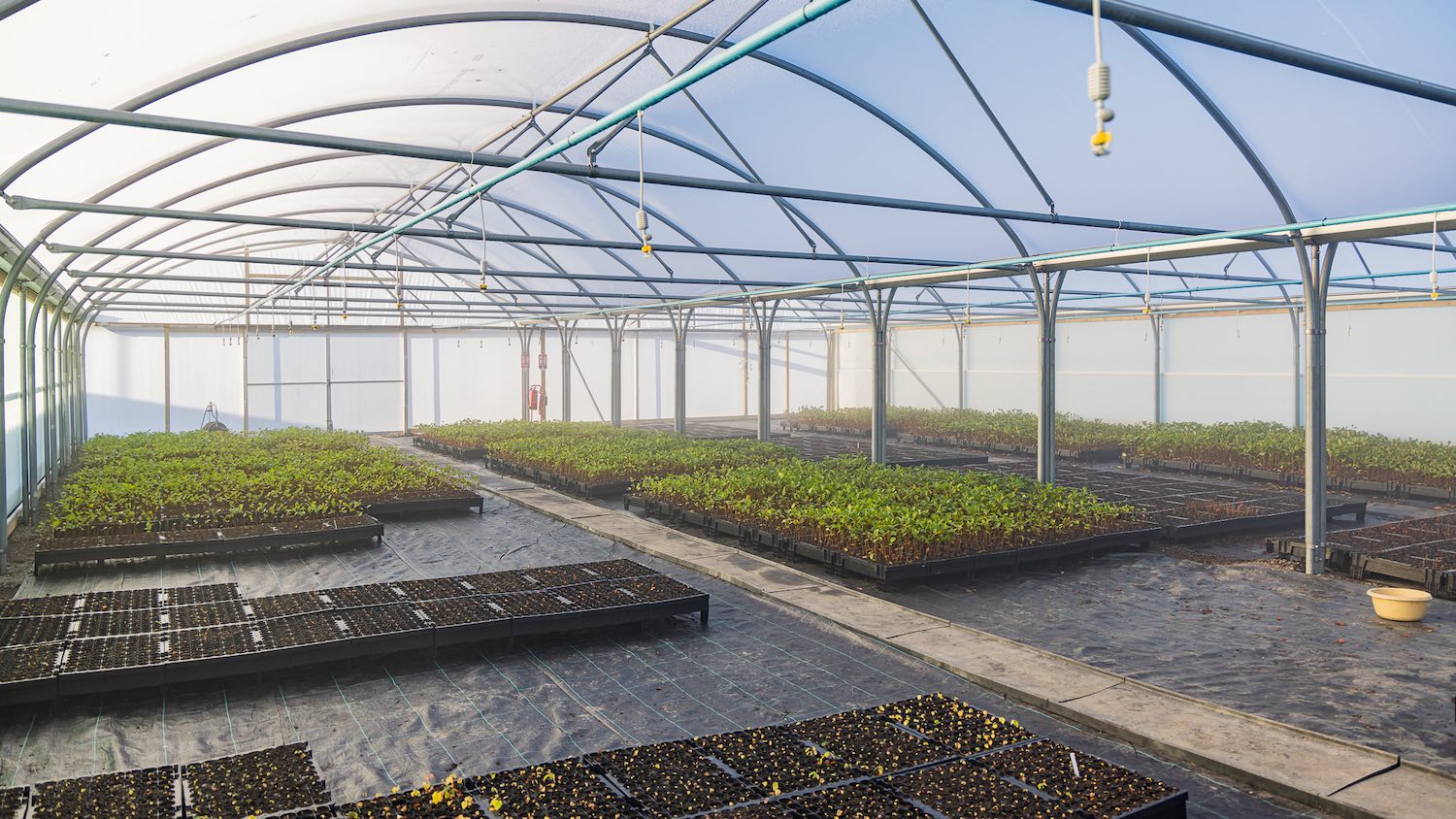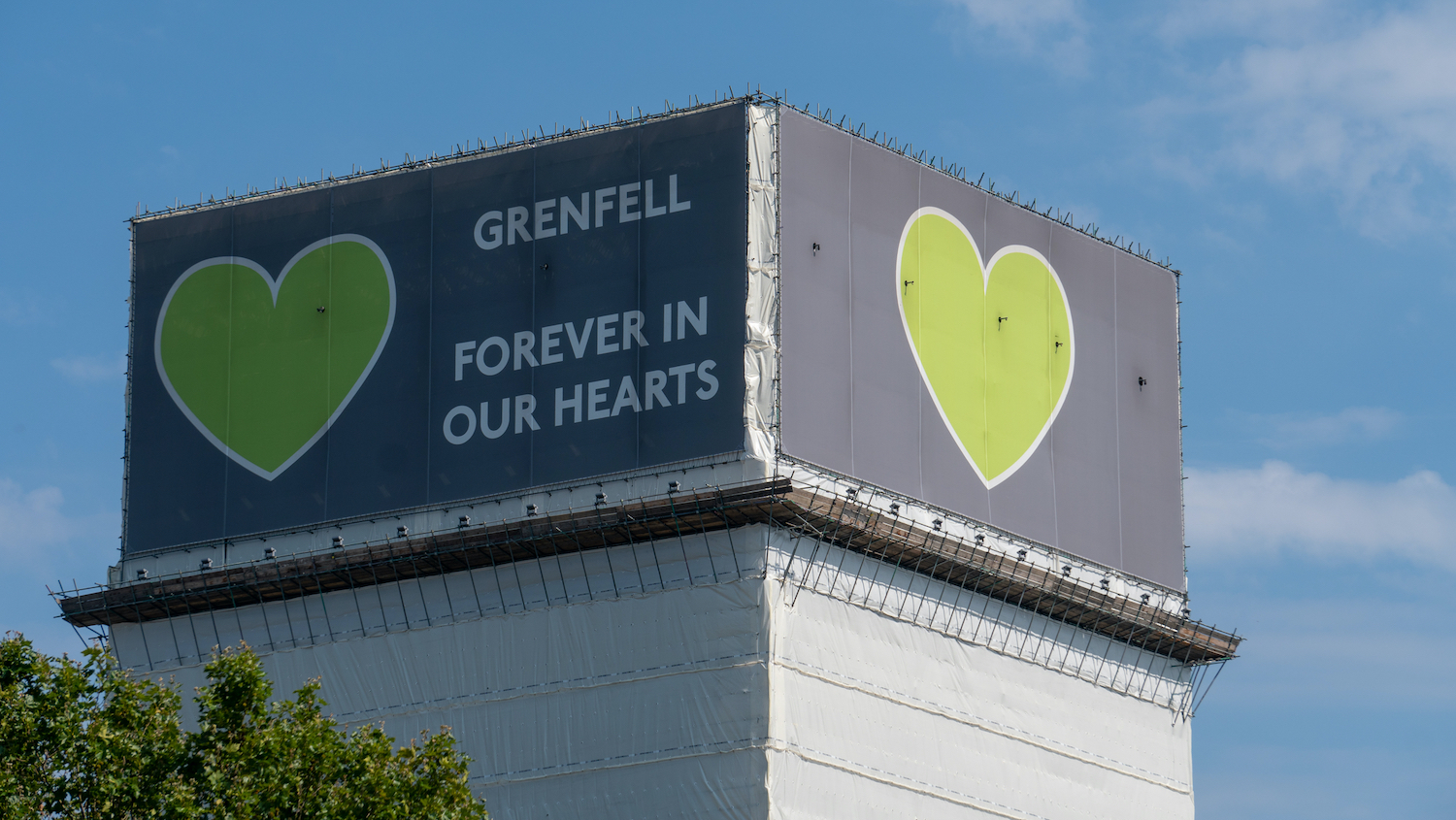
Pervasive ‘incompetence’ contributed to Grenfell disaster
“Serious deficiencies” in construction skill, knowledge and experience highlighted by Grenfell Tower Inquiry
The Grenfell Tower Inquiry has today (4 September) published its second and final report into the circumstances leading up to and surrounding the fire on 14 June 2017.
The authors of the report identified a raft of errors that led to the disaster, which they have attributed in the most part to “incompetence, carelessness and a failure to take responsibility for important aspects of the work that affected fire safety”.
The 1,700-page report found that the deaths of 72 people were all avoidable and “those who lived in Grenfell Tower were badly failed over a number of years by those who were responsible for ensuring the safety of its occupants”.
The Inquiry criticised the failings of government, the construction industry, product manufacturers and the London Fire Brigade.
“Safety of people in the built environment depends principally on a combination of three primary elements: good design, the choice of suitable materials, and sound methods of construction, each of which depends in turn in a large measure on a fourth, the skill, knowledge and experience of those engaged in the construction industry,” the report said.
“Unfortunately, as our investigations have shown, at the time of the Grenfell Tower fire there were serious deficiencies in all four of those areas.”
Report recommendations
As part of a comprehensive list of recommendations, the Inquiry has called for the academic community to be involved in a review of current legislation.
The report said that "fresh minds are needed" to review and revise the Building Regulations and ensure statutory guidance is driven primarily by considerations of safety.
"We therefore recommend that, as far as possible, membership of bodies advising on changes to the statutory guidance should include representatives of the academic community as well as those with practical experience of the industry (including fire engineers) chosen for their experience and skills and should extend beyond those who have served on similar bodies in the past," the report said.
The Inquiry also recommended that the profession of fire engineers should be formally recognised, with the title and function protected by statute.
In addition, the Inquiry said, an independent body should be established to take responsibility for the regulation of the profession, definition of standards required for membership, maintenance of a register of members, and regulation of their conduct.
"Over time, that would create a body of registered fire engineers who are capable of contributing to the design and delivery of safe buildings and of educating those construction professionals with whom they work in effective fire safety strategies,” the report said.
"In order to speed up the creation of a body of professional fire engineers, we also recommend that the government take urgent steps to increase the number of places on high-quality Master’s level courses in fire engineering accredited by the professional regulator."
The report added that the government should work with industry and professional bodies to encourage the development of courses in the principles of fire engineering for construction professionals and members of the fire and rescue services as part of their continuing professional development.


